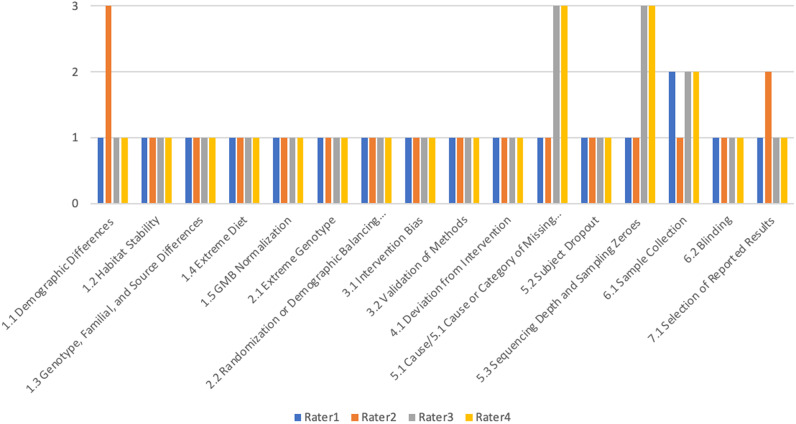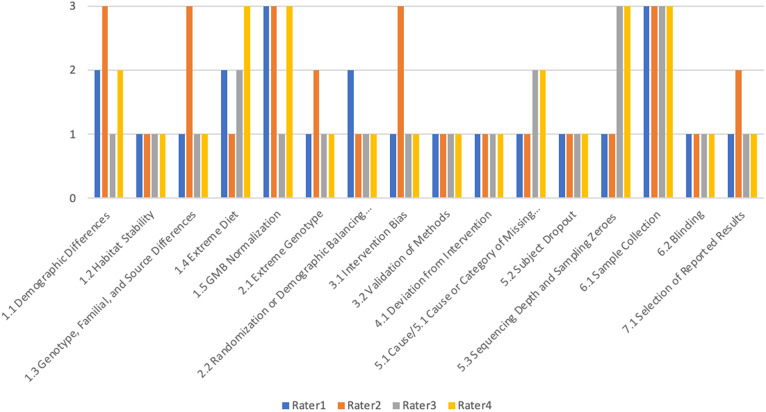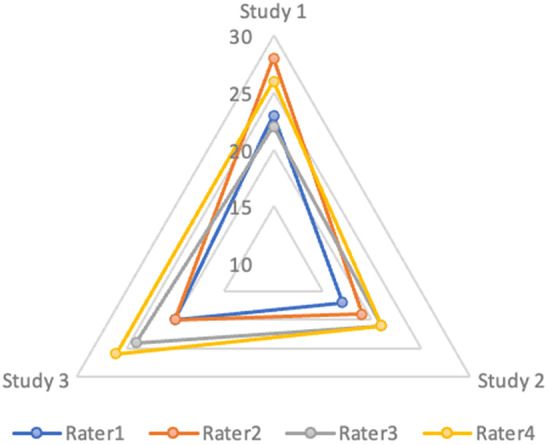Risk of bias assessment tool for systematic review and meta-analysis of the gut microbiome.
Gut microbiome (Cambridge, England)
Pub Date : 2023-08-18
eCollection Date: 2023-01-01
DOI:10.1017/gmb.2023.12
引用次数: 0
Abstract
Risk of bias assessment is a critical step of any meta-analysis or systematic review. Given the low sample count of many microbiome studies, especially observational or cohort studies involving human subjects, many microbiome studies have low power. This increases the importance of performing meta-analysis and systematic review for microbiome research in order to enhance the relevance and applicability of microbiome results. This work proposes a method based on the ROBINS-I tool to systematically consider sources of bias in microbiome research seeking to perform meta-analysis or systematic review for microbiome studies.



用于肠道微生物组系统综述和荟萃分析的偏倚风险评估工具
偏倚风险评估是任何荟萃分析或系统评价的关键步骤。鉴于许多微生物组研究的样本数很少,特别是涉及人类受试者的观察性或队列研究,许多微生物组研究的有效性很低。这增加了对微生物组研究进行荟萃分析和系统评价的重要性,以提高微生物组研究结果的相关性和适用性。本工作提出了一种基于ROBINS-I工具的方法,以系统地考虑微生物组研究中的偏倚来源,寻求对微生物组研究进行荟萃分析或系统评价。
本文章由计算机程序翻译,如有差异,请以英文原文为准。
求助全文
约1分钟内获得全文
求助全文

 求助内容:
求助内容: 应助结果提醒方式:
应助结果提醒方式:


